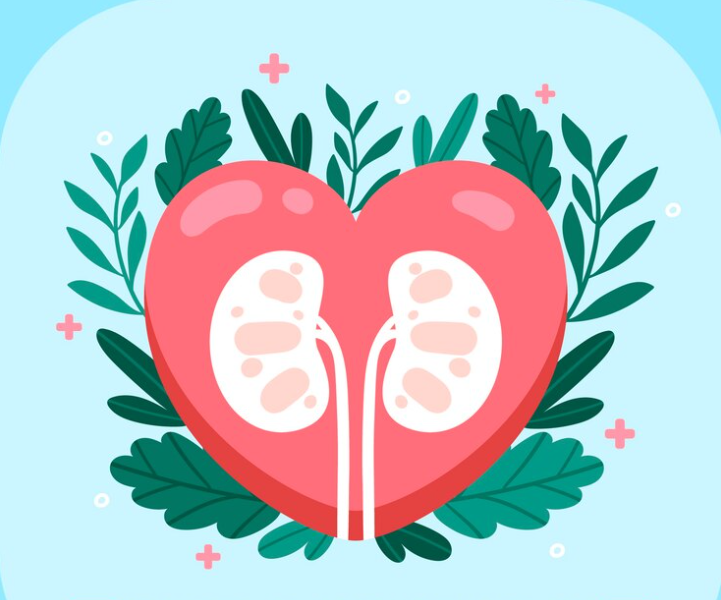
Nourishing Your Kidneys: Simple Nutritional Strategies for Better Kidney Health
Your kidneys are vital organs that play a crucial role in filtering waste and excess fluids from your blood, maintaining electrolyte balance, and regulating blood pressure. Taking care of your kidneys is essential for overall health and well-being. One way to support kidney health is through proper nutrition. Here are some simple nutritional strategies to keep your kidneys happy and healthy:
Hydrate with Water
Staying hydrated is key to supporting kidney function. Drinking an adequate amount of water helps your kidneys flush out toxins and waste products more efficiently. Aim to drink at least 8-10 cups of water per day, or more if you’re physically active or living in a hot climate.
Eat a Balanced Diet
A balanced diet rich in fruits, vegetables, whole grains, and lean proteins provides essential nutrients that support kidney health. Focus on incorporating a variety of colorful fruits and vegetables into your meals to ensure you’re getting a range of vitamins, minerals, and antioxidants.
Opt for whole grains like brown rice, quinoa, and whole wheat bread, which are higher in fiber and nutrients compared to refined grains.
Limit Sodium Intake
Excess sodium can contribute to high blood pressure and kidney damage. To reduce your sodium intake, avoid processed and packaged foods, which are often high in sodium. Instead, season your meals with herbs, spices, lemon juice, or vinegar for flavor.
Be mindful of hidden sources of sodium, such as canned soups, condiments, and sauces.
Watch Your Protein Intake
While protein is an essential nutrient, consuming too much animal protein can put strain on the kidneys, especially if you have pre-existing kidney issues. Opt for lean sources of protein like chicken, fish, tofu, and legumes, and limit your intake of red meat and processed meats. Balancing your protein intake with plenty of fruits and vegetables can help reduce the burden on your kidneys.
Limit Phosphorus and Potassium
For individuals with kidney disease, monitoring phosphorus and potassium intake is important, as imbalances can lead to complications. Phosphorus is found in dairy products, nuts, seeds, and whole grains, so choose lower-phosphorus options when possible. Potassium-rich foods include bananas, oranges, potatoes, and tomatoes, so be mindful of portion sizes if you need to limit potassium intake.
Conclusion
Taking care of your kidneys through proper nutrition is an essential part of maintaining overall health and well-being. By staying hydrated, eating a balanced diet, limiting sodium and protein intake, and monitoring phosphorus and potassium levels, you can support optimal kidney function and reduce the risk of kidney disease.
To seek medical advice, always consult a Doctor. Here are our recommended experts. Click here
To read more on kidney disease. Click Here

